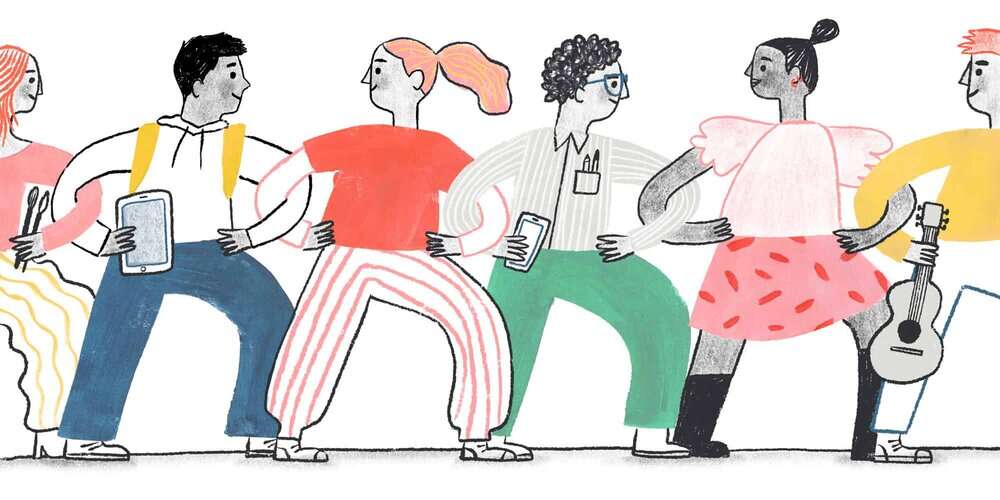Giving Support

Tools and information to support young people
Research shows a gap between parents’ ideas about whether their kids are getting emotional support, and kids actually feeling that they’re getting support. Below are five tools to help you communicate effectively with your teen and manage conflict:
Watch this video:
The Clay Center for Young Healthy MindsOpening lines of communication
Even with tools like active listening, validation, and co-regulation, communicating with teens can be tricky. It’s natural and important for adolescents to try to establish their own identities apart from their families. Some days your teen may open up to you, others they may seem sullen or grunt one-word responses.
When a young person is dealing with a mental health condition, communication can present additional challenges. If you want to offer support but you’re feeling frustrated, shut out, or unsure how to start important conversations, you’re not alone.
Normalize having conversations with your kids. Daily small talks can make it easier for kids to approach you about the big stuff. Try some starters in the car or at dinner, such as "What was your favorite part of the day?" or "Who did you eat lunch with today?"
For more, see:
The Clay Center for Young Healthy MindsWhen starting bigger conversations:
- Choose time and place: Young people are more likely to open up if they’re in a comfortable place, and shut down when they’re tired, hungry, or stressed. Taking a drive or a walk can give them a chance to talk in a relaxed space where you’re not sitting face-to-face.
- Ask, rather than assume: Adolescents may withdraw if they feel like they’re being judged or receiving a lecture. Try simply asking, “How are things going lately?” or “I’ve noticed you’ve seemed down lately. Is anything in particular bothering you?”
- Practice active listening: When your child tells you something, listen closely, give your full attention, express interest and empathy, and summarize your understanding of what was said.
- Validate: Show that you understand what your child is feeling, even if you don’t agree or approve. Use statements like, “I understand you’re feeling upset” or “It’s so hard to feel that way.”
What if you have a specific concern?
What do you say if you’re concerned that your child might be wrestling with Opens in a new tabanxiety or Opens in a new tabdepression, or you’re worried about their behavior? Adolescents are more likely to respond well if they hear a concern rather than an accusation or judgment.
Begin with “I” statements. Try, “I’ve noticed some changes in your behavior” or “I’m concerned about how you’re doing based on what you’ve shared with me” rather than, “You’re always in such a bad mood lately” or “You shouldn’t have done that.”
For help starting conversations about specific topics such as school refusal, alcohol, pot, and more, see: Opens in a new tabConversation Starters from The Clay Center for Young Healthy Minds.
— submitted by a Young Person
What to say if the response you get is very worrisome
No matter what your teen shares, try to remain calm and keep your reaction in check. Overreacting or losing your composure (“You did what?!” or “Why didn’t you come to me sooner?”) can make a young person feel worse and discourage them from coming to you again. Acknowledge that it likely wasn’t easy for them to be open about something personal or challenging, and thank them for sharing with you. Validate and don’t judge them, even if you’re worried about what they’ve said. Then tell them that you will problem-solve together and seek help if necessary.
If your teen tells you something that makes you think they’re at physical risk, such as a problematic relationship that could become violent, preoccupation with looks or restricted food intake that makes you wonder about disordered eating, or behavior that leads to a suspicion of self-harm, seek guidance from their medical provider.
If your child expresses suicidal intentions or talks about harming themselves or others, call 911, reach out to a hotline, or take them to the Emergency Department (see What to do in a mental health crisis).
Digital Lives: Finding a Balance
Help adolescents strike a healthy balance in their digital lives, so that time online is both safe and helpful rather than harmful.













